Many new parents think they’ll never bring their baby into bed with them. However, research shows that many parents do, and for all kinds of reasons. Whether you choose to bed-share or it is unplanned, there are some key risks you should avoid. This page explains more.
Remember, you can always take to your health visitor if you have any queries or concerns.
Why do some parents choose to bedshare?
By far the most common reason to bed-share is to breastfeed during the night. Breastfed babies need to feed frequently because breast milk is easily digested, and so they need to be fed night and day.
Some parents bed-share as it’s easier to respond to their wee one. If their baby is poorly, parents may also want to bed-share so they can keep a close eye on their little one. Bed-sharing is also a normal cultural practice for many families from around the world.
What are the dangers of bed-sharing?
Although there are positives to bed-sharing, when it happens accidentally, it can be dangerous.
Whether you choose to bed-share or it is unplanned, there are some key risks you should avoid. It is dangerous to share a bed with your baby if:
- you or anyone in the bed has recently drunk any alcohol
- you or anyone in the bed smokes
- you or anyone in the bed has taken any drugs that make you feel sleepy
- your baby was born prematurely (before 37 weeks of pregnancy) or weighed under 2.5kg or 5₁/₂ lbs when they were born.
This is because research has shown that bed-sharing with your baby after drinking alcohol or using drugs has a very high risk of Sudden Infant Death Syndrome (SIDS) or cot death. Sleeping close to a smoker also greatly increases the chance of SIDS. Premature and very small babies have a greater chance of SIDS when they share a bed with an adult.
In these scenarios, it’s always best to put baby in their own safe, clear, flat, separate sleep space such as a cot or Moses basket. Our page on safer sleep has lots more advice on this.
How can I make sure bed-sharing is safe for my baby?
Before you bed-share, double check that you’re happy that it’s safe for your baby. Because adult beds aren’t designed for babies, you need to be extra careful that nothing gets in the way of them having a safe sleep.
So if you do decide to bed-share:
- make sure you remove any pillows or heavy bedding so they don’t get tangled or trapped
- keep your baby away from any gaps between the bed and the wall and other furniture
- remove slatted or decorated headboards and keep pillows and adult bedding away from your baby
- keep pets away from the bed
- don’t let other children share the bed as well
- never leave your baby alone in an adult bed.
You might want to consider a three-sided ‘bedside’, or ‘side-car’ crib that attaches to your bed. This could be an option if you want to be close to your baby, but you have concerns about bed-sharing safety.
More help and advice
It’s important that all parents are informed about bed-sharing and think about how to manage their wee one’s night-time care, including talking about it with their partner. So if you have any questions, why not chat to your midwife or health visitor? It’s never too early to start thinking about it. And they’ll be able to tell you what to consider before bed-sharing, and how to do it more safely. Or if you want to do your own reading, you’ll find lots of helpful information about caring for your baby at night on the BASIS and UNICEF websites.
Banner photo © Rob Mank Photography.
 Activities & Play
Activities & Play Behaviour
Behaviour Childcare
Childcare Development & Growing Up
Development & Growing Up Family, Friends & Relationships
Family, Friends & Relationships Feeding Your Baby
Feeding Your Baby Food & Eating
Food & Eating Health & Safety
Health & Safety Mental Health & Wellbeing
Mental Health & Wellbeing Money & Work
Money & Work Online Behaviour & Safety
Online Behaviour & Safety Pregnancy & First Days
Pregnancy & First Days School & Education
School & Education Sleep
Sleep

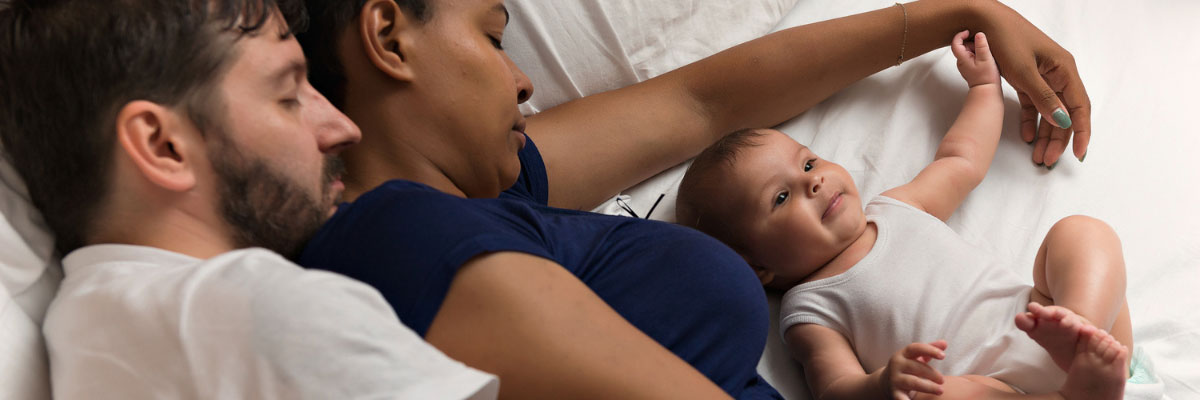
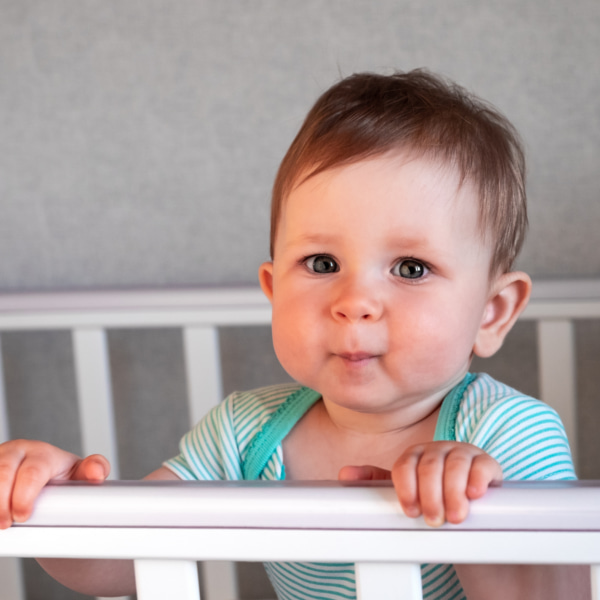
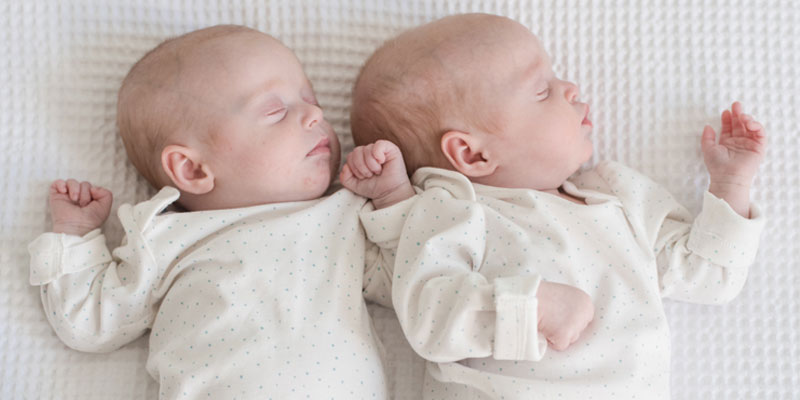
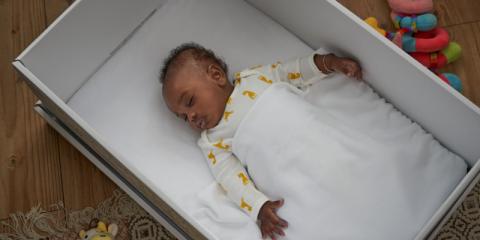
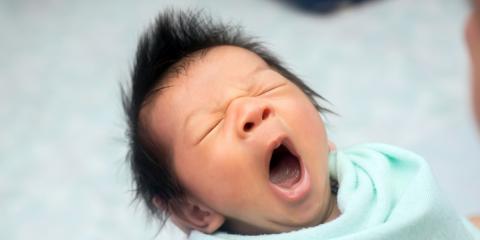
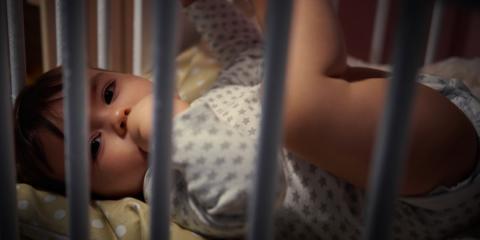
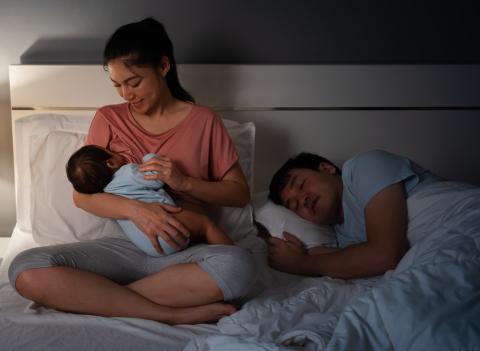
 Mental Health & Wellbeing
Mental Health & Wellbeing
 Health & Safety
Health & Safety